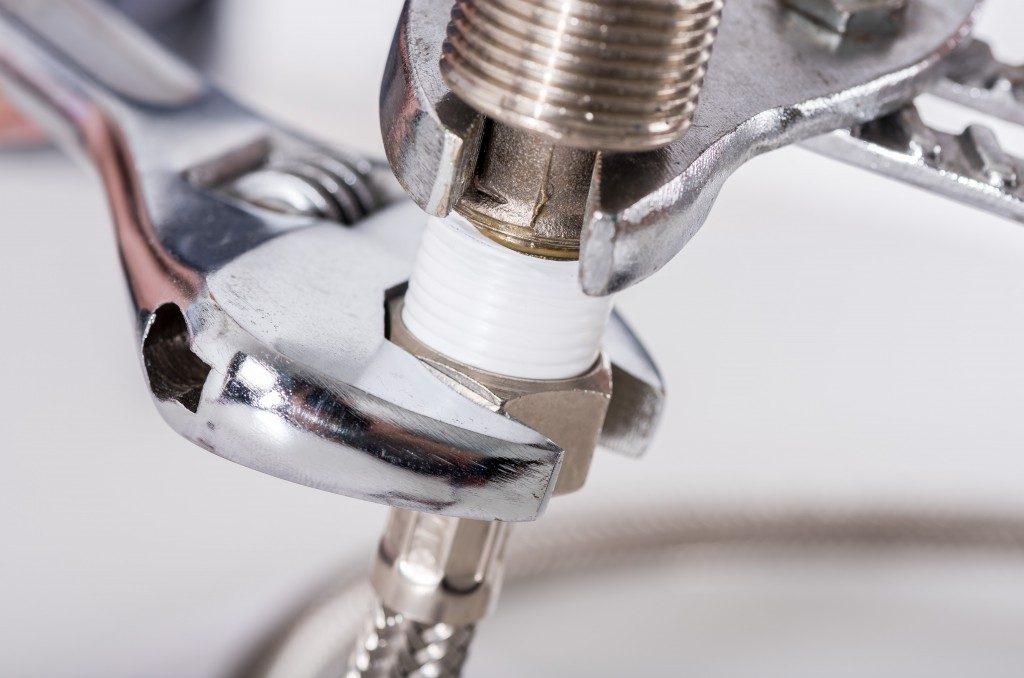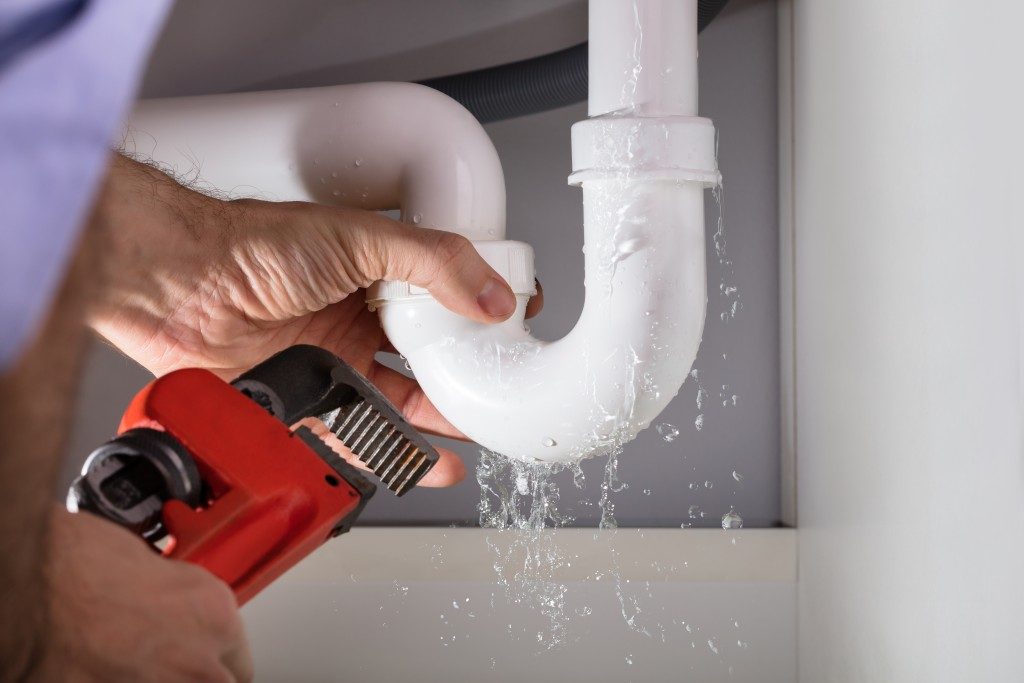You’ve seen this before: your floors have small puddles of water, or your walls have a cold, damp feel. Your water bills are unreasonably high, and there are damp areas in your home where mold and mildew are starting to grow. You know there is a leak in your home’s plumbing system.
There are many ways to deal with a plumbing problem, the best of which is to call a professional plumber who has the expertise and equipment you need to fix the problem.
But if you want to prevent most plumbing leaks from occurring and save you lots of time and money. You have to learn how to spot plumbing leaks and what you should do when they do happen.
- You should know where to locate your water supply’s main shutoff valve. This way, you could go directly to it and turn it off promptly when a plumbing leak occurs.
- Install a basic flow sensor. This device would detect leaks and instantly shut off the water supply to a particular appliance or your entire home. Flow sensor systems built for entire homes could cost a lot, but those that could be programmed for certain appliances can be more affordable.
- Install a shutoff valve for individual fixtures and appliances. This would enable you to keep your water supply flowing in specific areas in your home when you need the other areas free of water. These devices come ball type and quarter-turn types.

- Add insulation to your pipes. You don’t have to outfit every pipe in your home, just the plumbing in your home’s coldest parts like crawl spaces, basements, and garages. This would prevent your pipes from freezing and reduce wait times for hot water to flow. Frozen pipes often become weaker when they thaw, creating weak areas in your pipes.
- Detach hoses from all outdoor spigots during wintertime to prevent your pipes from cracking and causing leaks or floods. An experienced plumber in Millcreek also suggests that you consider installing frost resistant hose bibs to all your outdoor spigots. Keep your sprinklers and hoses in a shed or basement, so they don’t freeze during the winter.
Avoid overloading your sink cabinets and vanities. Otherwise, your risk jostling water supply drains and pipes, slackening connections, and eventually resulting in plumbing leaks. Likewise, when leaks do happen, they’ll be more difficult to see among the clutter.
Never use exposed plumbing pipes to hang laundry or anything else for that matter. Otherwise, you could loosen fasteners and joints, which would eventually lead to leaks. If you can, ask a contractor to hide exposed pipes to protect them from damage.
Remember, even the tiniest plumbing leaks could corrode your pipes faster and lead to significant water, or worse, mold damage that could be quite expensive. Avoid all these by keeping in mind the abovementioned practical habits and investments in money and time. With this in mind, make sure to have your plumbing professionally and regularly checked to keep drips and leaks at bay.

